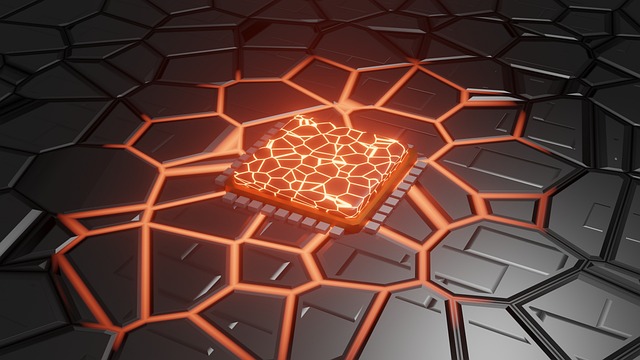Elon Musk has predicted that Neuralink will augment over one million humans by 2030, envisioning a future where brain-machine interfaces significantly enhance human capabilities. He anticipates rapid technological advancements which could fundamentally alter the relationship between humans and machines. Musk’s vision suggests a transformative shift in cognitive abilities, potentially allowing individuals to interface directly with computers and the internet. This ambitious goal reflects Neuralink’s broader mission to revolutionize how we interact with technology. However, it also raises important ethical considerations regarding privacy, consent, and the implications of merging human cognition with artificial intelligence.
Editor’s Note: As brain-machine interfaces become more integrated into daily life, the vast amounts of neural data generated could be vulnerable to hacking, surveillance, or exploitation by corporations and governments. The prospect of directly accessing thoughts and cognitive processes blurs the lines between personal privacy and technological advancement, creating a landscape where individuals may unwittingly surrender their most intimate data. [One must not mistake Neuralink’s function as consciousness. Read Neuronal activity does not create consciousness, Subhash Kak: Consciousness is not just computation, What does it mean for AI to become conscious?. Learn more about Neuralink by reading these articles: Neuralink’s Ambitious Vision: Will Our Thoughts Be the Next Interface, What Does It Feel Like Living With Neuralink?, Neuralink’s Brain Chip Trials: Pioneering Breakthroughs or Perilous Gambles?, The transhumanist dream: For humans to become computers].
Furthermore, the ethical implications of consent become increasingly complex; how can users fully understand the risks associated with such profound integration of technology into their minds? As we move toward this future, it is crucial to establish robust frameworks for data protection and ethical standards to safeguard individual rights and ensure that technological progress does not come at the expense of personal autonomy.
Read Original Article
Read Online
Click the button below if you wish to read the article on the website where it was originally published.
Read Offline
Click the button below if you wish to read the article offline.
You may also like
-
Artificial Super Intelligence (ASI): Panacea or Disaster? Part 1: Setting the Context
-
Tony Blair Continues Push for Centralization of British Data
-
Take It Down Act Is A Double-Edged Sword
-
Is AI Making Us Dumber? New Research Raises Concerns
-
BBC Finds Chatbots Distort and Mislead About Current Affairs
